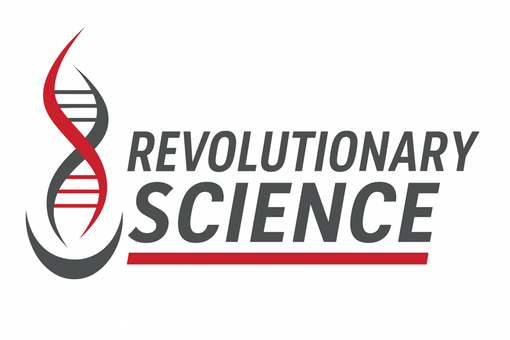
Many industries extract DNA for better understanding and application of that DNA. What are some of the most common uses for DNA extraction? Learn more about the various ways that industries use the DNA they extract.
1. Forensics
You likely know that DNA is a key component in many criminal investigations. DNA extraction can happen from samples such as hair, skin, or blood.
Forensic teams often use DNA to determine if a person is a suspect or if they should be eliminated as a suspect. DNA can sometimes prove a person’s innocence or guilt, or, at least, it can prove whether a person was in the vicinity of the crime scene.
2. Paternity Tests
DNA extraction is also helpful for determining the paternity of a child. Whether a person wants to prove they are or are not the father, DNA from both the potential father and the baby can help prove or disprove a person’s claims to paternity.
3. Ancestry Tracking
Besides helping a person know who their immediate ancestors are, DNA extraction can also help a person understand the places their ancestors further back came from. With modern DNA kits, a person can know all the countries where their foreparents are from, as well as any living relatives who might still be living and even some medical or food conditions a person is pre-disposed too.
4. Medical Tests
For some medical conditions, DNA extraction is necessary to officially diagnose it, especially if the medical condition is genetic. Common examples include cystic fibrosis, Huntington’s disease, or Down syndrome. DNA extraction also is helpful in identifying if a person is a carrier of the disease.
5. Genetic Engineering
DNA extraction can be helpful for genetically engineering both plants and animals. For plants, DNA can be useful in identifying, isolating, and extracting the wanted gene to replicate in successive generations of plants. For animals, DNA extraction is helpful for anything from cloning animals to transferring one animal’s DNA to another.
6. Vaccines
Vaccines are very important in helping to control and stop disease. DNA can help in creating some of these. While outright DNA vaccines are not completely approved for use on people, DNA vaccines are often used in various animal vaccines and general development of some human vaccines. For example, DNA extraction helps with the Hepatitis B vaccine, specifically through recombinant DNA.
7. Hormones
Hormones are vital for helping people grow and develop. DNA extraction helps with developing these through recombinant DNA technology. Two major examples of hormones that use DNA extraction include:
- Human growth hormones: These hormones help a large number of people with various conditions. For example, people with growth issues, renal carcinoma, or Tumer’s syndrome can benefit from human growth hormones.
- Insulin: People with diabetes often need insulin, specifically people with type I diabetes. DNA extraction can help with insulin production via recombinant DNA.
The productions of these hormones would not be possible without reliable and exact DNA extraction. Researchers are able to determine the best proteins that can help people with the various conditions mentioned above.
DNA Extraction Requires the Right Equipment
Whatever your need and use for DNA extraction, the DNA samples require specific and up-to-date equipment for successful isolation, extraction, and research.
Rev Sci has a large variety of lab and research equipment perfect for isolating and extracting and examining DNA and RNA. Whether you need water baths or microcentrifuges — both of which help with the DNA extraction process — we are here to help. Please let us know what your exact DNA extraction needs are so we can recommend and provide the right product for you.

